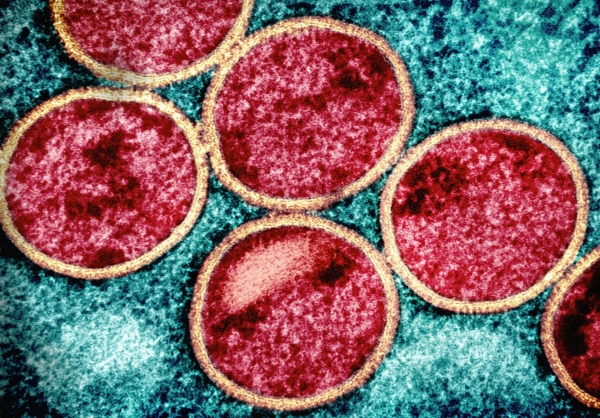On 12 July 2024, the UN health agency reported that at least 25 million people are entangled in a severe humanitarian crisis in the Democratic Republic of the Congo (DRC).
According to the Senior Emergency Officer at the World Health Organization (WHO), Dr. Adelheid Marschang, the decades of conflict in the mineral-rich eastern DRC have spurred extreme violence, mass displacement, widespread disease, gender-based violence, and profound mental trauma. She emphasized the alarming escalation of this neglected health emergency, as she told journalists in Geneva that the nation now has “the highest number of people in need of humanitarian aid in the entire world, with 25.4 million affected” and many in “chronic and acute shock”.
The primary aggressors in the DRC's eastern conflict include the separatist M23 movement, which has intensified its offensive since 2022. This has led to a dramatic rise in forced displacements, with 7.4 million people uprooted, including 2.8 million in North Kivu alone. The victims, often the most vulnerable, are left in dire conditions, struggling with severe food shortages and heightened risks of malnutrition and infectious diseases.
Dr. Marschang states that this has caused “about 40 percent of the population (40.8 million people) [to] face serious food shortages, with 15.7 million facing severe food insecurity”. The region's water, sanitation, and healthcare infrastructure is overwhelmed, exacerbating the spread of diseases like cholera, measles, meningitis, and particularly Mpox, which has caused over 1,000 deaths and infected 20,000 since early 2023. There have already been over 11,000 cases of Mpox, including 443 deaths this year, since the disease spreads through close contact. With a new dangerous strain in South Kivu there is a rising fear it will spread in the overcrowded camps around Goma. Wth the military activity around those camps, it is difficult for health authorities to contain the virus without granted security.
In response to the crisis, the international community and local authorities have taken several actions. The UN's Humanitarian Response Plan for 2024 aims to assist 8.7 million people, requiring $2.6 billion in funding, though only 16% has been secured. WHO seeks $30 million to continue its efforts through the year.
Additionally, the UN Stabilization Mission in DRC (MONUSCO) has begun withdrawing from South Kivu, complicating the situation further as military activities hamper health efforts in crowded camps. Despite these challenges, calls for a cautious approach to MONUSCO’s disengagement highlight the need for continued international support to prevent a broader regional conflict.
According to UN human rights chief Volker Türk stated that “with an absence of State authority over large swathes of territory has also cleared the way for brutal levels of violence and attacks”.
_____
To read more, visit:
- https://news.un.org/en/story/2024/07/1152031
- https://www.bbc.com/news/articles/c2vv0pgggqzo
- https://www.aljazeera.com/news/2024/7/4/where-and-why-is-mpox-disease-spreading-in-the-drc#:~:text=The%20Democratic%20Republic%20of%20Congo,government%20declared%20it%20an%20epidemic.
by Noor Assa







